"Joining PSL was a unique opportunity to reinvent ourselves" Fabienne Casoli, President of the Observatoire de Paris - PSL
On the occasion of the 10th anniversary of Université Paris Sciences & Lettres, Fabienne Casoli, President of the Observatoire de Paris - PSL, Mathieu Puech and Andreas Zech, respectively Vice President of the Scientific Council and Director of Education at the Observatoire de Paris - PSL, look back on the role their school has played in PSL and on the major achievements of the past ten years.
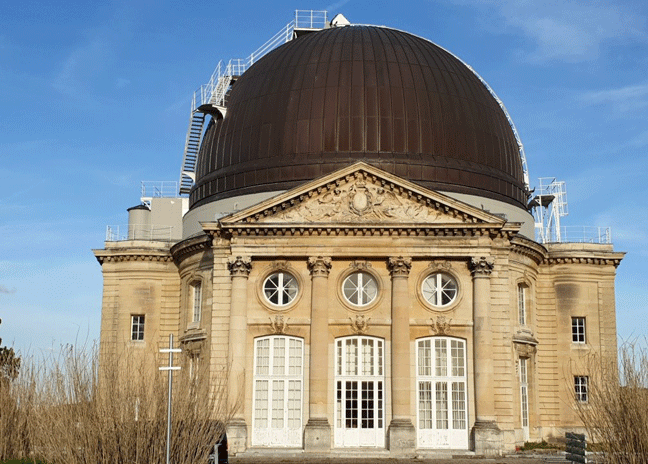
The Observatoire de Paris joined PSL ten years ago. What is your impression of this founding moment?
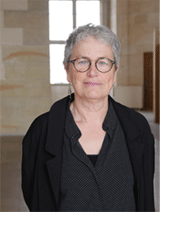
Fabienne Casoli, President of the Observatoire de Paris - PSL: The Observatoire de Paris believed in PSL from the outset, saw it as a unique opportunity to reinvent itself, and helped lay its foundations. It even hosted the Managing Director of the PSL Foundation for some time! We enjoyed being part of this very original project, both in its model and its multidisciplinary nature. The diverse range of topics and schools, some of which we were already collaborating with, offered us the promise of fruitful collaborations. The Observatoire de Paris, through its presidents Daniel Egret and Claude Catala, has firmly committed to the PSL project. Together, we enthusiastically took up the challenge and successfully created a new university.
What are the main scientific and academic achievements that have marked these first ten years for the Observatoire at PSL?
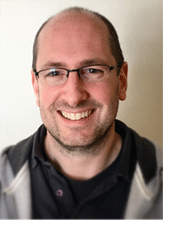
Mathieu Puech, Vice President of the Scientific Council: One of our greatest successes has been the interdisciplinary research program OCAV, Origins and Conditions of the Appearance of Life, an ambitious project that has produced many innovative scientific results and fruitful dialog between disciplines, from Astrophysics to Physics, Chemistry, Biology and Human Sciences.
Among the most notable achievements in research is the PSL Space Campus, formerly the C2ERES and renamed Census, which is housed on the Meudon site of the Observatoire, where future nanosatellites are being studied for space science. One of the highlights was the launch of PSL's first nanosatellite, Picsat.
Another shared platform is PSL's MesoPSL Computing Center, which has given us access to state-of-the-art intensive computing resources for both numerical simulation and data processing. At a time when environmental sobriety is becoming vital, it is worth mentioning that MesoPSL was designed from the outset with excellent energy efficiency in mind.
Belonging to PSL has allowed us to develop our international actions, with, for example, the collaboration between ANU (Australian National University) and PSL, with which the Observatoire is actively involved.
PSL is also an opportunity for us to broaden our horizons, with, for example, a new collaborative link up with La Fémis on the representation of exoplanets, and cultural activities with the regular hosting of the Spring Festival of the PSL Orchestra and Choir.
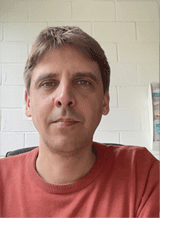
Andreas Zech, Director of Education at the Observatoire: One of our objectives in participating in PSL was to invest in innovative degree programs such as CPES and Sustainability Sciences, by offering Physics and Astrophysics courses as well as practical astronomical observation work at the Meudon site, using several telescopes including the now famous "PSL domes", which have been a great success.
But the major transformation came with the implementation of graduate programs two years ago. This profound transformation aims to strengthen the link between research and training, to internationalize admissions, and to closely associate laboratories and research teams with student training. Among the very extensive range of PSL graduate programs that have been on offer for two years now, the Observatoire de Paris is piloting the Astrophysics program and, despite the COVID crisis, we are already seeing the transformation.
We are also part of the Master's Degree in Quantum Engineering program which starts at the beginning of the next academic year.
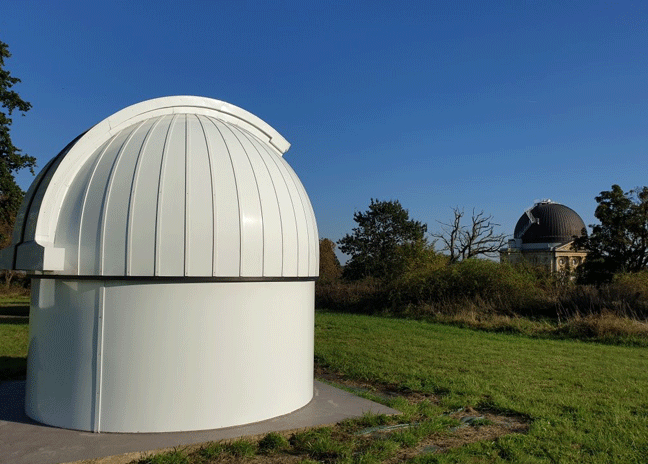
What major issues do you think Université PSL will face in the next ten years?
Fabienne Casoli: The first issue concerns research and the involvement of PSL communities in new cross-disciplinary research programs. The second concerns the creation and success of graduate programs and, in particular, their international attractiveness. PSL is the leading young French university internationally, and we must build on this high visibility by attracting the best in all our fields. By relying on education and research at the highest level, PSL aims to represent and influence society and the world of the future in all its diversity. I have no doubt that PSL and its schools have the collective means to achieve this objective.
PSL - 10 years on
PSL celebrates its tenth anniversary. To mark the occasion, we invite you to take a look back at some of our highlights over the last ten years - big science projects, new courses, an increased and diversified range of services, and international visibility - by emphasizing the strengths of our member schools.
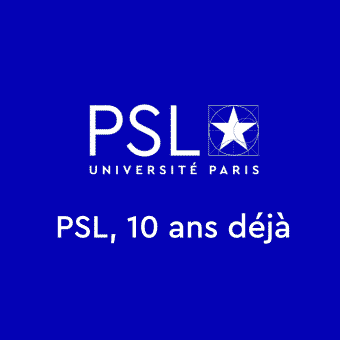
PSL celebrates its tenth anniversary. To mark the occasion, we invite you to take a look back at some of our highlights over the last ten years
